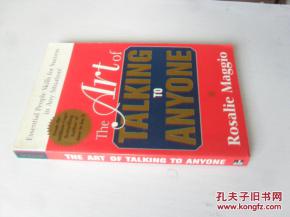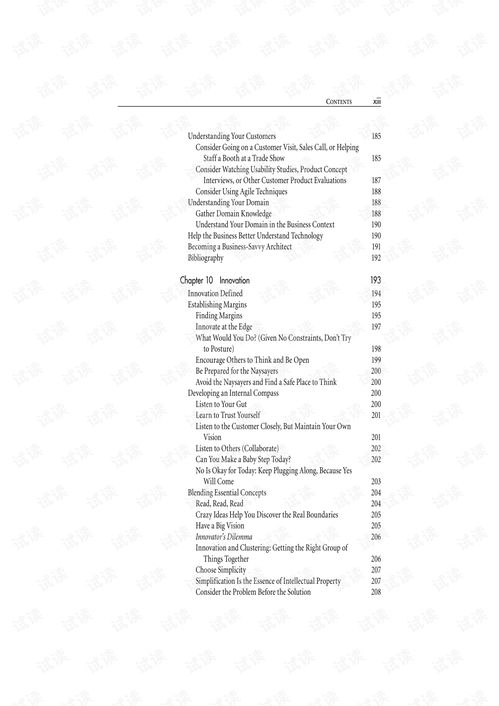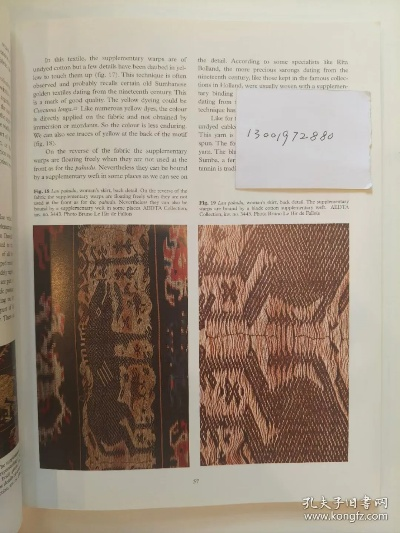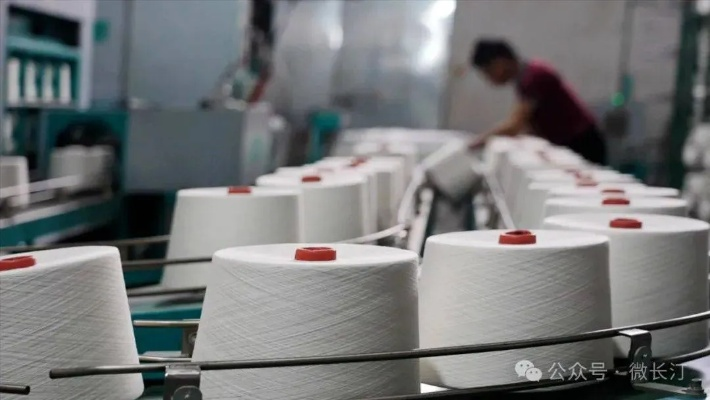Essential Skills for Success in Textile Industry Training
: Essential Skills for Success in Textile Industry Training,The textile industry is a crucial sector of the global economy, with a significant impact on employment and economic growth. To succeed in this industry, individuals must possess a set of essential skills that are both technical and interpersonal. These skills include knowledge of textile machinery, materials science, design principles, and production processes. Additionally, effective communication, teamwork, and leadership skills are essential for success in this industry. By developing these skills through training programs, professionals can enhance their employability and contribute to the continued growth of the textile industry.
Introduction: The textile industry is a vital sector of the global economy, responsible for producing a wide range of products that are essential to our daily lives. From clothing and furnishings to medical supplies and industrial fabrics, textiles play a crucial role in maintaining standards of comfort, safety, and sustainability. As such, it is essential for individuals working in this field to have a strong foundation in textile knowledge and skills. In this guide, we will explore the key skills needed for success in textile industry training and provide practical examples to help you understand how these skills can be applied in real-world scenarios.
-
Understanding Textile Materials: Textile materials come in a variety of forms, each with its own unique properties and applications. It is important to have a deep understanding of the different types of textiles, including cotton, synthetic fibers, and blends, as well as their characteristics and uses. For example, knowing the differences between polyester and nylon can help determine which materials are best suited for specific applications, such as outdoor wear or upholstery.
-
Knowledge of Manufacturing Processes: Textile manufacturing involves several stages, from raw material preparation to finished product assembly. A thorough understanding of these processes is essential for those working in the industry. For instance, an understanding of dyeing and finishing techniques can help textile designers create vibrant and durable fabrics that meet consumer demands.

-
Technical Skills: Technical skills are critical for anyone working in the textile industry. These include sewing techniques, cutting, and pattern drafting. For example, a skilled seamstress can ensure that garments fit properly and last longer by mastering the art of tailoring. Additionally, knowledge of computer-aided design (CAD) software can help textile designers create more efficient and effective designs.
-
Quality Control: Quality control is a vital aspect of any manufacturing process, especially in the textile industry. Understanding how to inspect and test fabrics for defects, such as color bleeding or shrinkage, is essential for ensuring that final products meet customer expectations. For example, a textile manufacturer may use a specialized dye bath to test the quality of newly dyed fabrics before they are released into the market.
-
Environmental Impact: As the textile industry continues to grow, concerns over environmental sustainability have become increasingly important. Understanding the impact of textile production on the environment, such as water and energy consumption, can help companies adopt more eco-friendly practices. For example, some manufacturers are now using recycled materials or reducing waste during the production process to minimize their environmental footprint.
-
Marketing and Sales Skills: In addition to technical skills, marketing and sales skills are also essential for success in the textile industry. This includes understanding how to position products in the marketplace, develop effective sales strategies, and build relationships with customers and suppliers. For example, a textile company may partner with fashion designers to create exclusive collections that appeal to a particular demographic.
-
Leadership and Teamwork: Leadership and teamwork are critical for success in any industry, but particularly in the textile industry where collaboration is often required to achieve complex projects. Developing strong communication skills and fostering a collaborative work culture can help teams work together effectively to meet deadlines and exceed customer expectations.
-
Emerging Technologies: As technology continues to advance, there are new tools and methods being developed for textile production. Staying up-to-date on emerging technologies, such as automation and digital printing, can help textile companies stay competitive in the marketplace. For example, some companies are investing in robotic weaving machines to increase efficiency and reduce labor costs.
Conclusion: In conclusion, success in textile industry training requires a combination of technical skills, knowledge of manufacturing processes, and a deep understanding of the industry's challenges and opportunities. By mastering these essential skills, individuals can contribute to the growth and sustainability of the textile industry while also enhancing their personal career prospects. Remember, continuous learning and adaptability are key to staying ahead of the curve in this dynamic field.
纺织品培训概述
随着纺织行业的快速发展,对纺织品从业人员的技能要求也越来越高,为了满足市场需求,提高从业人员的专业素养和技能水平,开展了纺织品培训,本次培训旨在通过理论讲解、实践操作、案例分析等方式,帮助从业人员掌握纺织品的基础知识、生产工艺、质量控制等关键技能。
纺织品基础知识

纺织材料的种类与特性
介绍纺织材料的种类,包括纤维、纱线、面料等,强调不同材料的性能特点和应用领域。
纺织品的分类与用途
根据纺织品的特点和应用领域,将其分为不同类型,如服装面料、家纺面料、产业用纺织品等,介绍不同类型纺织品的使用场景和市场需求。
纺织品生产工艺
纺纱工艺
介绍纺纱的基本原理和工艺流程,包括原料准备、纺纱机操作、质量控制等环节,通过实际操作演示,让从业人员掌握纺纱工艺的基本操作技巧。
织造工艺
介绍织造的基本原理和工艺流程,包括织布机操作、织造工艺参数设置、质量控制等环节,通过案例分析,让从业人员了解不同织物类型的特点和应用领域。
纺织品质量控制
质量检测标准与方法

介绍纺织品质量检测的标准和方法,包括纤维含量检测、织物结构检测、色牢度检测等环节,强调质量控制的重要性,提高从业人员对纺织品质量的要求。
质量控制案例分析
通过案例分析,让从业人员了解纺织品质量控制的实际操作过程和经验教训,通过案例分析,提高从业人员对纺织品质量控制的认识和理解。
实践操作与案例分析
实操演示环节
邀请从业人员在专业导师的指导下,进行纺纱和织造的实际操作演示,通过实际操作,让从业人员掌握纺纱和织造的基本操作技巧,通过实践操作,提高从业人员的实际操作能力和动手能力。
案例分析环节
选取一些典型的纺织品生产案例进行分析,包括不同类型纺织品的生产工艺流程、质量控制要点等,通过案例分析,让从业人员了解纺织品生产的实际操作过程和经验教训,提高从业人员的实践能力和业务水平。
总结与展望
本次纺织品培训旨在提高从业人员的专业素养和技能水平,满足市场需求,通过理论讲解、实践操作、案例分析等方式,帮助从业人员掌握纺织品的基础知识、生产工艺和质量控制等关键技能,随着纺织行业的不断发展,纺织品行业将更加注重技术创新和质量提升,从业人员需要不断学习和提高自己的专业素养和技能水平,以适应行业发展的需要。
Articles related to the knowledge points of this article:
The Sweet Charm of Huihui Districts Textile Display
The Story of Ethical Textiles from Chongxian Brands
A Global Journey through the Smithsonians National Museum of American History



